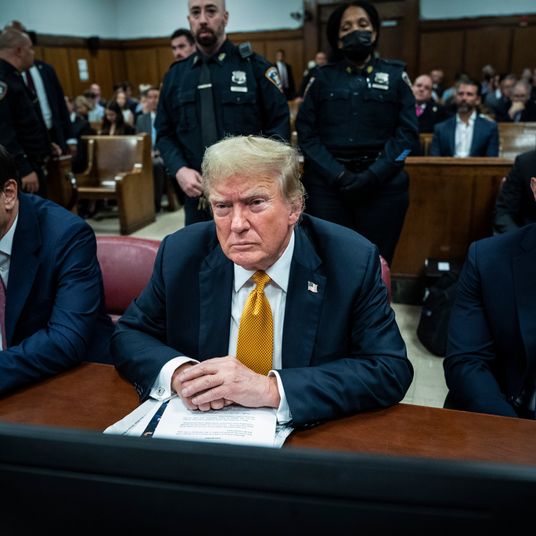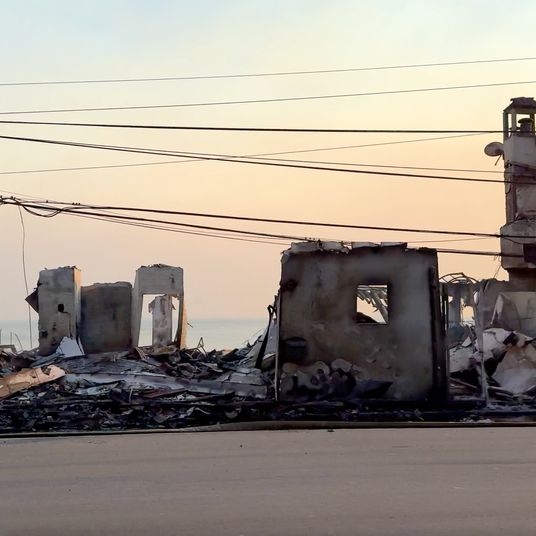Ali Abdullah Saleh’s 33-year rule as Yemen’s president has had more than its share of volatility and violence, but his behavior during the increasingly bloody crackdown against protesters has gotten gonzo, alienating even his allies. Three times, Saleh has agreed to a transfer of power under overwhelming pressure to step down — sometimes four miles of people’s worth — only to back down right before the the deal is finalized for seemingly trivial reasons. “Even by his own standards of what is rational, he is not being rational,” an American official told the New York Times. Last week’s about-face may have been the most bizarre. The White House promised that if Saleh agreed to step down, President Obama would name him as a positive example of change in the Arab Spring during his speech on the Middle East. Saleh agreed, but as diplomats waited for him during the signing ceremony, hundreds of Saleh’s armed supporters surrounded the capital building, preventing the signing.
In the past three days, 72 people have died in the clash between tribal leaders and Saleh’s troops, prompting the U.S. to order all nonessential diplomats and family members of embassy staff to leave Yemen. The U.S. is now banking on the possibility of a U.N. resolution or sanctions against Saleh and his family, hoping that will pressure him to step down.
Evasions By Leader Add Chaos In Yemen [NYT]
US withdraws diplomats from Yemen amid clashes [BBC]





























